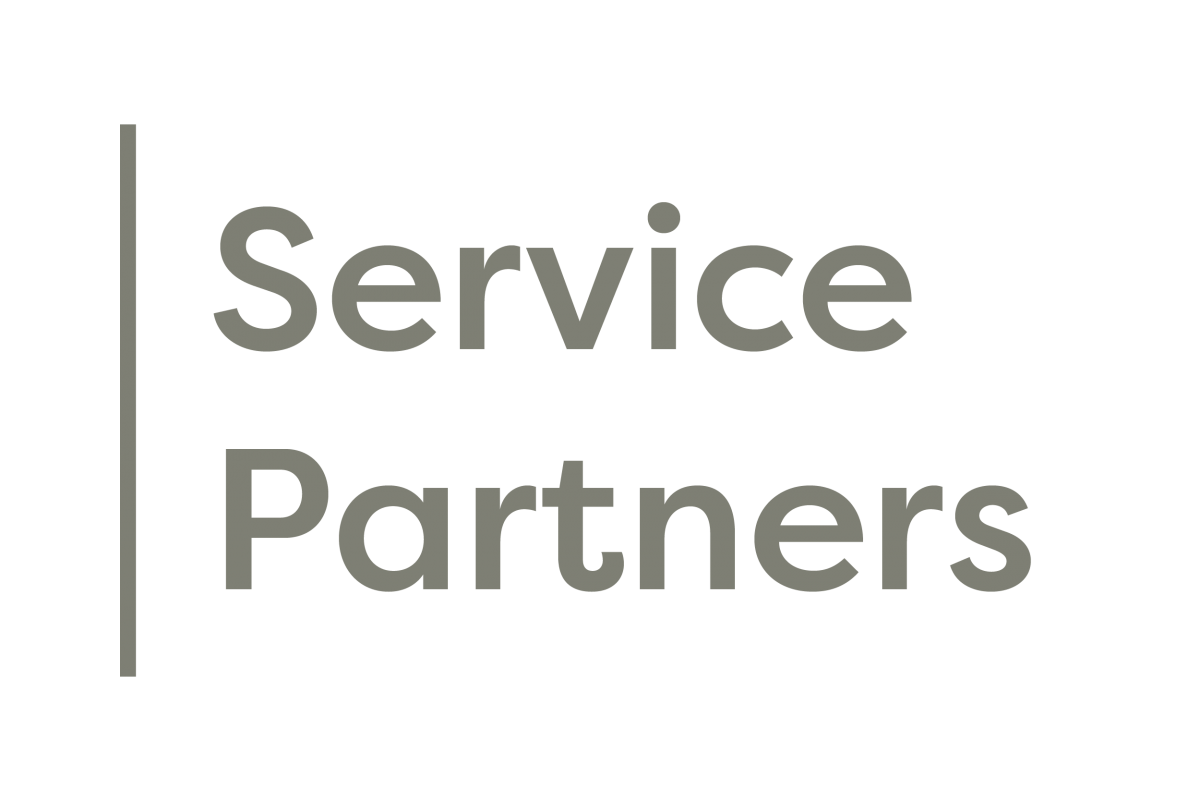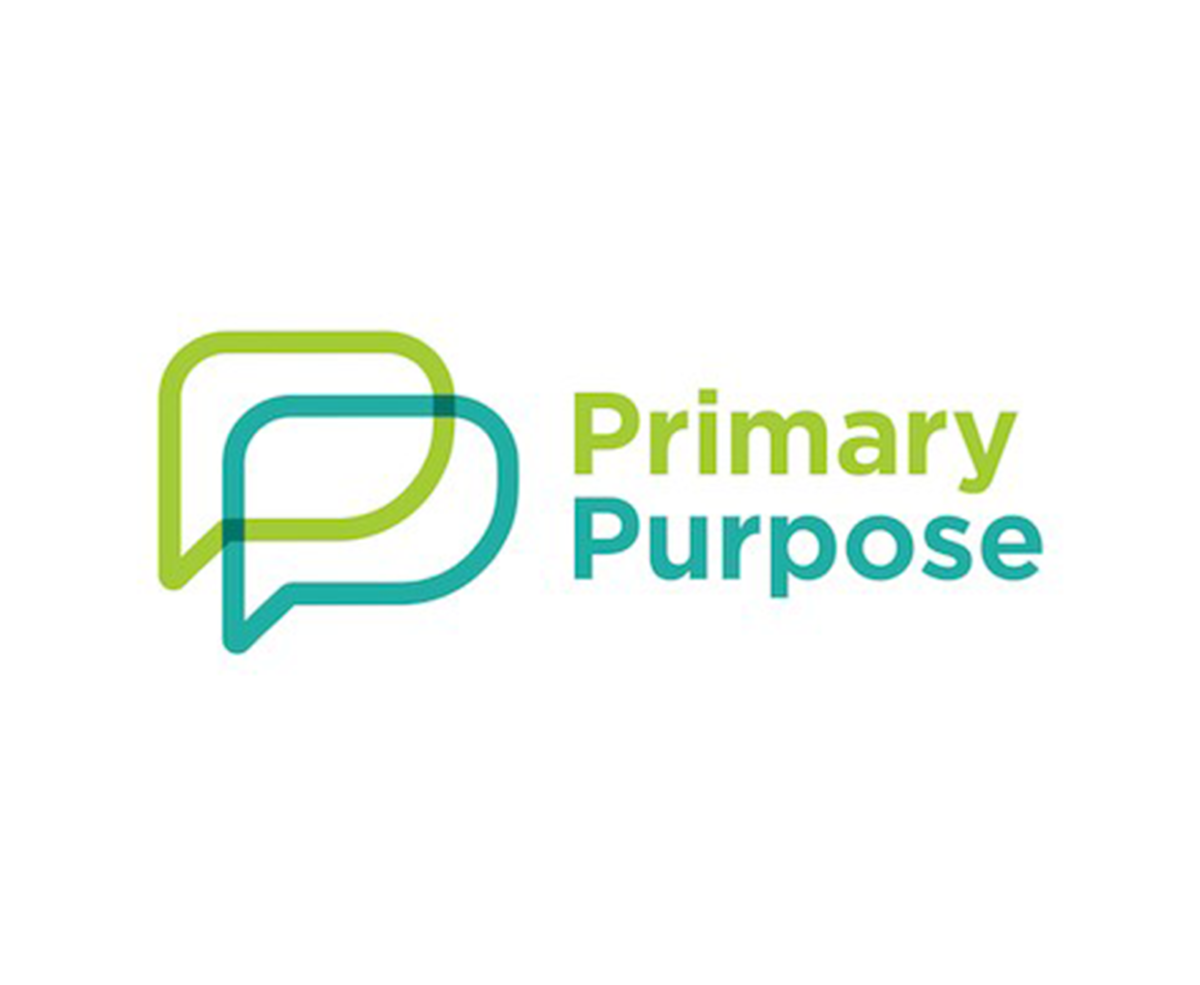Executive Summary
The following report has been completed as part of my participation in the 2013 Kellogg Rural Leaders Programme. The scope of this individual research project was to select a topic of interest to the participant and spend ‘Phase Two’ of the Kellogg Rural Leaders Programme completing the individual research project. Findings are then presented on return to Lincoln University during November 2013.
After a great deal of deliberation, the topic of research I developed was to investigate the different ways that producers were connecting with consumers, and vice versa. Of particular interest to me was the concept that producers were taking control of the messages that were being portrayed with regard to production. Thus I came up with the title “Connecting with the conscientious consumer.”
Those involved in the food production industry are keenly aware that consumers are becoming increasingly discerning about the origins of their food. Of particular concern to consumers is the way ‘meat is made’. This concept is reflected in a number of different signals and includes the consumers desire to understand the way their product was raised, what chemical and additives were used during the production process and the animal handling techniques employed during the lifespan. The purpose of my report was to investigate some of the different techniques being employed to connect our increasingly metropolitan and city-‐based population with the origins of their food. I was able to segregate the different themes of these techniques into three categories: education, food service and practical. As such this report is split into these three themes.
The major finding of this research and exploration is was that there are a huge number of innovative and energetic producers who are going above and beyond to connect with their consumers. These concepts will be explored through the report. Another major finding was that those buying from these producers are content with buying in this manner. The shoppers appreciate the integrity that can be attributed to this kind of purchase, particularly with regard to those producers who engage in direct marketing. Due to the immense scale of people engaging in ‘connecting with the conscientious consumer’ this report is not all conclusive. Instead of simply listing all of those producers who are connecting with their consumers I decided to complete an investigative case study into some of the unique elements of their businesses. However, I can come to the conclusion that Australian consumers are becoming more discerning and cautious to know about the origins of their food. I see there is a great opportunity for people, particularly those from smaller, family based businesses, to employ tactics of direct marketing, selling the story of their exemplary land management and animal welfare techniques, along with the traditional protein (or fibre) product.
With this in mind, my main recommendations are that there is a great deal of appetite in the marketplace for a product that has both a story and integrity. There are great opportunities for producers to engage in employing techniques, as detailed in the following discussion, to enhance their business model.


























